About that Fort Knox gold audit…
“With public debt at high levels, some governments have begun to explore financing additional expenditures without raising taxes while also not increasing public debt outstanding. One possibility is using proceeds from valuation gains on gold reserves, as has been floated in the U.S. and Belgium recently. For the U.S., this would involve revaluing the government's 261.5 million troy ounces in gold reserves—the largest gold reserves globally— from a statutory price of $42.22 per troy ounce1 to current market prices, which stand around $3300 per troy ounce.”
“Since 2012, for the last 13 1/2 years, the average annual inflation rate for an existing home is 13.4%. Yeah, inflation's really well anchored. Existing home inflation almost 14% a year over the last 13 years. Yeah, inflation's tamed. Not. And they're going to go higher.”
Household Debt and Credit
“Aggregate nominal household debt balances increased by $185 billion in the second quarter of 2025, a 1% rise from 2025Q1. Balances now stand at $18.39 trillion and have increased by $4.24 trillion since the end of 2019, just before the pandemic recession.” [a 30% jump]
Outstanding student loan debt stood at $1.64 trillion in 2025 Q2.
Missed federal student loan payments that were not previously reported to credit bureaus between 2020 Q2 and 2024 Q4 are now appearing in credit reports. Consequently, student loan delinquency rates continued to rise. In the second quarter of 2025, 10.2% of aggregate student debt was reported as 90+ days delinquent.
The #1 U.S. Government financial “asset,” up 10x since 2009. Thanks, Obama!:
Demographic Dystopia
This is sort of like a reverse Logan’s Run - you kill everyone under age 30.
I firmly believe the rising cost of living - which has been intentional Fed and governmental policy - is perhaps the leading cause of our demographic dystopia.
Even Top Earners Are Falling Behind on Credit Card and Car Payments
Delinquencies on credit card and auto loan debts from upper-income Americans have jumped almost 20% over the last two years, according to VantageScore.
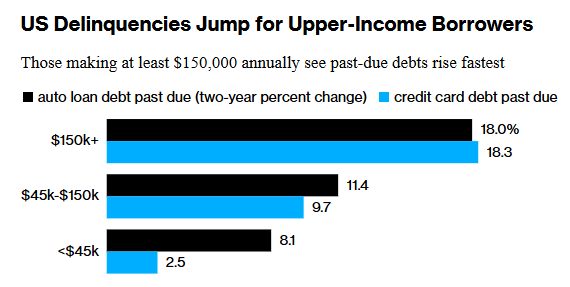
Every year, Lee Evans Lee buys herself a new long teddy coat from the Italian fashion brand Max Mara, a classic design that currently starts at $4,460. She keeps a few of them in each of her homes: her primary house in San Antonio, her vacation home in Aspen and her ranch in Texas. This means she doesn’t have to worry about taking them with her when she travels. “If I’m carrying three teddy coats on an airplane, that would take up one gigantic duffle bag,” she says.
For luxury shoppers willing to spend big, it’s possible to have it all. Many buy multiples of the pieces they love, from Loro Piana capes and Celine jeans to Rolex watches, so that every one of their homes has a reliable wardrobe of high-end essentials.
The WSJ comments are amusing. And don’t forget the $25 smoothie:
The Million Dollar Smoothie at SunLife Organics doesn’t actually cost $1 million. But for Leanne Citrone, a hairstylist in Los Angeles, it’s become an indulgence that costs her up to $100 a week.
Starting at $22 and made on the spot, the fruit beverage contains around a dozen ingredients, including bananas, raw cashew butter, raw plant protein, raw cacao nibs, olive oil, maca and cow’s milk colostrum. Citrone makes modifications that raise the total to $25.
The very largest banks seem to have credit card delinquencies under control, but the next tier have issues:
“When prices become hyper-real”
Interesting substack article I came across on the consequences of A.I. for prices. It looks like the author has written on this topic quite a bit. Check it out.
“Bloomberg’s Matt Levine published a piece yesterday (archive link here) about a 2023 research paper documenting AI trading bots spontaneously learning to collude without being programmed to do so. The study found that through reinforcement learning, these algorithms naturally converged on cooperative strategies that amount to market manipulation—simply because it's more profitable than competing:”
It’s a regulator’s nightmare: Hedge funds unleash AI bots on stock and bond exchanges — but they don’t just compete, they collude. Instead of battling for returns, they fix prices, hoard profits, and sideline human traders.
Now, a trio of researchers say that scenario is far from science fiction.
“Bloomberg followed up this morning with another story on Bond Trading Bots, their prevalence in fixed income trading, and how they are allegedly “safer” now:”
FT: Four reasons why private credit isn’t actually a systemic risk, Courtesy of Goldman Sachs
Also in the news:
The AI Spending Bubble
The A.I. “spending orgy is based on almost religious belief that A.I. will change virtually every aspect of human life. Maybe it will, but maybe it won’t, and maybe every aspect of human life doesn’t need to be changed (or maybe the parts that need to be changed can’t be changed by computers).”
Via Grant’s:
68 of the 72 sell-side firms tracked by Bloomberg assign a “buy” rating to MSFT shares, with nary a “sell” recommendation
With Individual Home Buyers on the Sidelines, Investors Swoop Into the Market
“So far in 2025, investors who buy homes to flip or rent out have made up about 30% of purchases of both existing and newly built single-family homes, the highest share on record, according to property analytics firm Cotality, which started tracking the sales 14 years ago.”
US Housing Market Posts Worst Spring Selling Season in 13 Years
““We thought we hit rock bottom but we keep discovering there’s more rock bottom to be had. You have a lot of people being afraid of what’s to come.”
…In Las Vegas, active listings shot up more than 38% from a year earlier while sales plunged 15%, according to Redfin data for the four weeks through July 20…
“Sellers who need to sell will make it happen,” O’Hare said. “I had a listing at $950,000. I cut it down to $799,000 and had three offers.””
New Privately-Owned Housing Units Completed: Total Units (% change)
Monthly Supply of New Houses in the United States
The Condo Market Is Floundering: Four Charts That Explain the Downturn
Rob Arnott with Yra Harris
Harris: “Powell has a consensus organization that he has to deal with - with a preponderance of labor economists by the way - and nobody is more wrong about more things than labor economists.”
Arnott: “If interest rates are below the rate of inflation, then you're lending money for free to those who are deemed creditworthy enough to get those rates. Innovation is risky. Innovation is speculative, and therefore innovation doesn't get money at those rates, right? What does get money at those rates is stock buybacks for top quality companies and government spending.”
Arnott: “…the inside trading scandal at the Fed, which everybody seems to forget…[Powell’s] the chair of an organization. Can you imagine if four board members of IBM were caught insider trading? The chairman's head would have absolutely been on the chopping block.”
Harris: “They don't know how this ends.”
Arnott: “If you have a dual mandate, you're going to do both of them rather badly.”
Arnott: “When people say you can't have a zero inflation target, I reject that out of hand. You can. And prior to Bernanke, all previous chairmen…took the view that zero was the target.”
Arnott: “Europe's a museum. Japan is an old age home. And China's a prison. Who's going to trust those as reserve currencies?”
Rob Arnott describes when he first developed “utter disdain” for Jerome Powell: “He was so far behind the curve…When inflation's at nine, and Fed funds is at one and three-eighths, you've got somebody who's utterly clueless at the helm.”
I don’t even pretend to know anything about China, but I like Louis-Vincent Gave, and he is a big fan:
Dan Rasmussen on Private Equity
“What does it say about you that when the stock market's reaching all-time highs, you can't sell your company? Probably means your company isn't worth what you think it's worth, or there's something wrong with your baby. I think that's what people are starting to to worry about.”
“What's a reasonable bankruptcy rate to expect in a real recession for really small companies that have a lot of debt? I guess 25%. Everything in our logical mind says that this stuff should be more volatile, and yet when you look at the volatility of the NAV’s2, the volatility of the NAV’s is about where investment grade corporate bonds are.”
“…they lie to us, we know they’re lying, they know we know they’re lying, but they keep lying anyway…”
Edward Chancellor
“…there’s a lot of weird stuff going around still, but that negative rate after five millennia of positive rates was, to my mind, the most extraordinary thing we’d ever seen.”
“what I wouldn’t have expected, and I’m sure none of us expected, is that these governments five years after the lockdowns, would be running these deficits of five to 7%, five to 6% in the UK and France, 7% roughly in the States. So there’s almost a societal imperative to move inexorably towards the bust.”
“would there be a consensus when you go past the end of this current big cycle and with the denouement, would there be a consensus for a new monetary order with a sounder backing? And one can only hope, we just have to observe and if we’re still alive at the time to chip in our pennies worth.”
“I found this book on the so-called Fourth Turning, there’s a lot of, to my mind, a bit of mumbo jumbo in it about different generations having different characteristics and those reflecting archetypes, blah, blah, blah. [my reaction was the same]”
Tom Hoenig
“So it’s this desire to save the world, or the common man, if you will, that leads to this massive injection into the market. And the market learns from that and takes advantage of that. And so if you look at history, since we’ve built the safety net, starting with the Federal Reserve in 1913, if you look at that, the capital in the banking industry has systematically declined. In the 19th century, you would have banks with 30% and 40% capital. But after the Fed, and you could borrow from them, put the assets, maybe work your way out of the trouble, hopefully, the moral hazard began to build. And then when you step in ‘87, for example, and the Asian crisis, and the Federal Reserve says, “Wait a minute, we’re not going to have this. We’re not going to have a meltdown.” And inject massive amounts of liquidity into the system, then you really change the behavior, because now the market knows they’re going to be bailed out. And that was built on during the ‘80s through today.”
“And then we got to 2004 and ‘05, and when they lowered rates to 1% and kept them there, even though the economy was doing very well, that’s when we began seeing the speculative activity. People were using their homes as the famous “ATMs”. Taking equity out of their homes so they could spend without being quite sure whether they can continue to pay the mortgage and their personal credit when interest rates rose. And they went on. That went on to 2005, kept buying houses, kept speculating on asset value increases, until we hit 2007. And then the cracks began to show.”
“I think the Fed bears some responsibility for that because when it went to 1% rates in 2003 or ‘04 and left them there in a recovery, you have to scratch your head. Why?”
“There were a lot of PhDs in the Fed and elsewhere, and they’re very smart people. But there is something called experience that creates wisdom, not just smart, but wisdom, that says, “This is what I know from experience in history””
“Should you have been able to do QE without the Congress? Because Congress is constitutionally responsible, and this was a dramatic change. It wasn’t a tweak, the policy, it was a dramatic change. So should you have? For example, I’ve argued before, yes, in the immediate crisis, okay, print it. Nine months later, if you want to continue that, you have to get congressional approval, an active law to do it. Because now those responsible have to buy into it. And if they do, is it really the Fed’s fault? They explained themselves. You bought into it. Or at the end of nine months, they said, “Well, we don’t really need it that badly, so we are going to unwind it carefully and slowly.” Would you not have better outcomes as a result? So unlimited discretion for anyone is not wise. For the Congress, it’s not unlimited. For the president, it’s not unlimited. Even for the courts. Why should it be for the Federal Reserve?”
“Who’s going to buy the debt? Until you get that question answered in a sensible way, the only thing you can see is interest rates going up.”
“I’ve said if they monetize the debt, they might as well make them a division of the Treasury.” [haven’t they already monetized trillions of debt?]
“I tell young people, I said, “If I were doing it over today, I would get a degree in psychology.” Because human nature is what drives the US economy…and a knowledge of history. That’s where wisdom comes in.”
Even still, Hoenig loves the Fed, and respects Bernanke et al. I do not.
“An almost hysterical antagonism toward the gold standard is one issue which unites statists of all persuasions. They seem to sense—perhaps more clearly and subtly than many consistent defenders of laissez-faire—that gold and economic freedom are inseparable”
Vincent Deluard
“The only way for the system to be sustainable is to have a high inflation target, so you go from a 2% target to a 4% target. I believe we are in that world already. I think you see so many example of that. The fact that we're talking about cutting rate by 100 basis points, even though we've been above inflation target for five years, tells you everything you need to know about the 2% target, or the dropping of average inflation targeting. We do average inflation targeting only when it's below, but when it's above, we don't do it. So that tells you that it's not a target. It's, at best, a floor, a floor that I don't think we're ever even going to hit.”
The powers that be seem to be choosing the 1920’s Germany route, which did not end well.
On tariffs:
“The US is literally asking the Asians to stop sending cheap stuff, we cannot take it anymore. We want to pay more for your stuff.”
Some currencies mentioned:
"This is all but tradition now with central bankers. Their efforts, from 2008 through 2021 and well into 2022, to reignite inflation, had nothing to do with the subsequent reignition of inflation."
David Dredge is one of the best at cutting through central banker b.s.
Disinformation is often a lie concealed within a large matrix of truth
“Disinformation is often a lie concealed within a large matrix of truth, and it's to get you to take the poison pill and be led off in that direction. It can have another purpose as well. It's never as quite as simple as that.
You can also take a lie and embed it in a matrix of truth, not with the purpose of getting them to take the bait, but of discrediting the truth it's connected to. You tell a true story, but you'll embed something in it which is a partially-hidden lie, but one with a little effort you will discover it. At first it seems to pass muster, and you can figure out that of 10 different points of information, nine of them you confirm, and the other one you can't, but then the you find out that that 10th one is a lie, and now it's poisoned everything else.
The purpose of that is to take the truth and turn it into an apparent lie - to reveal the story, but in such a way that it will be contaminated with lies that will then make that whole story appear to be untrue, so if anybody comes up and starts saying that type of thing again, we can say, well, this was all shown to be completely false. This may sound incredibly devious, but it happens a lot.”
Financial Crisis Inquiry Commission
For reference, I think these records, from after the last bubble/crash - what some call the GFC, but I call Great Depression 2 - are a largely unexplored goldmine, but no one cares. For example, I have listened to Elizabeth Warren’s interview3, and it’s quite interesting (believe it or not, she didn’t seem like a total fraud in 2010.)
For example, check out this interview with Keith Johnson, former President and COO of Clayton Holdings.
John Mearsheimer with Tucker Carlson
On Russophobia:
U.S. foreign policy "experts" my entire life have done immeasurable damage to America.
Mearsheimer on the United States' "remarkably catastrophic decision” re: China:
So guess who just joined the Board of Newsmax, the propaganda outlet now suggesting that the demonic Ghislaine Maxwell is "innocent"?
You'll never guess…
Alex Acosta, the same guy who cut Jeffrey Epstein that sweetheart deal in Florida!
"There's nothing to see here? The hell there's not."
Nice recap of the Epstein situation from Karl Denninger
From the book, "Relentless Pursuit," by Bradley Edwards, an anecdote from Epstein's former bodyguard, "a Russian mixed martial arts fighter."
On one occasion, after returning to New York just after completing his Florida “jail” sentence, Epstein yelled to this bodyguard that they needed to leave in a hurry. It was clear to him that whatever the reason, it was important and Jeffrey was pissed. Even to his professional bodyguard, when Jeffrey was pissed, he was scary. On that occasion, Jeffrey demanded that the Suburban be brought around quickly. Jojo, the driver, also understood this was an emergency in Jeffrey’s world. Jeffrey didn’t talk during the car ride from the mansion to the Wall Street office of a major league hedge fund manager whom the bodyguard couldn’t (or wouldn’t) identify.
They got to the office building and Epstein got out of the car with purpose, walking briskly to the front door of the high tower. His bodyguard was trying to keep up.
They headed to the elevator and Epstein didn’t stop to tell the front desk that he had arrived. When he got up to the floor of the hedge fund, Epstein, still on a mission, walked straight toward the back of the office complex to what his bodyguard referred to as the “president’s” office.
Epstein opened the door without knocking and barged in. He walked to the chair side of the desk, leaned over to the “president,” and said, “You need to get that money to Israel immediately. Like f***ing yesterday.”
As the story was relayed to me, the man on the receiving end of Epstein’s demand was shaking. This man was another Wall Street billionaire who made his own rules. With his voice quivering, he responded to Epstein, saying, “I wired thirty million dollars today. It’s already there. You can check.” Without a word to him, Epstein turned around and walked out, leaving the building the same way he’d come in.
His bodyguard had no idea what that conversation was about, but he knew it was important. He also believed that it epitomized what Jeffrey did for a living, when he was not getting “massages.”
I'm reminded of Cindy McCain's words: "They were afraid of him."
Alpha-gal Syndrome
“Alpha-gal syndrome (AGS) is a food allergy caused by a sugar molecule called alpha-gal found in most mammals, except for primates. It's triggered by the bite of a lone star tick (or, less commonly, other tick species). After a tick bite, some individuals develop an allergy to red meat and other products containing alpha-gal, such as gelatin.”
I’ve been reading Over the Edge of the World: Magellan's Terrifying Circumnavigation of the Globe, and in this passage, it struck me as a metaphor that the cosmographers are today’s economists, and the pilots are those with skin in the game.
“…two kinds of maps evolved: simple but accurate “portolan” charts based on the actual observations of pilots, and far more elaborate concoctions of cosmographers. The charts simply showed how to sail from point to point; the cosmographers tried to include the entire cosmos in their schemes. The cosmographers relied primarily on mathematics for their depictions, but the pilots relied on experience and observation. The pilots’ charts covered harbors and shorelines; the cosmographers’ maps of the world, filled with beguiling speculation, were often useless for actual navigation...
Although it might be expected that pilots worked closely with cosmologists, that was far from the case. Pilots were hired hands who occupied a lower social stratum. Many of them were illiterate and relied on simple charts that delineated familiar coastlines and harbors, as well as on their own instincts regarding wind and water. The cosmologists looked down on pilots as “coarse men” who possessed “little understanding.” The pilots, who risked their lives at sea, were inclined to regard cosmologists as impractical dreamers. Explorers setting out on ocean voyages to distant lands needed the skills of both; they took their inspiration from cosmologists, but they relied on pilots for execution.”
Abraham Lincoln told a story of “the boy who, when asked how many legs his calf would have if he called its tail a leg, replied, "Five," to which the prompt response was made that calling the tail a leg would not make it a leg.”
The most un-American thing I've ever read:
"U.S. states and cities that boycott Israeli companies will be denied federal aid for natural disaster preparedness, the Trump administration has announced, tying routine federal funding to its political stance."
To me, this is largely a free speech issue. George Washington also had some things to say on the topic4.
Apparently they have since removed this provision, due to my protests, and changed the story to reflect that. I was unable to get the original link via archive.org.
This is still on the DHS website as of 8/6/25: "FY 2025 DHS STANDARD TERMS AND CONDITIONS" (archived version).
The Three Types of Beatniks
From The Anarchist Cookbook, probably inspired by a Donovan song5. I do not recommend trying this:
“The U.S.'s gold reserves are owned by the Treasury department, and the statutory price was set by a 1973 law”
Net Asset Value
Warren: “...it would be important to think about the increasing economic fragility of middle-class families, starting in the 1970’s: a combination of flat wages for fully-employed men, and rising core expenses in housing, in healthcare, in transportation – put a lot of pressure on middle-class families.
Many families responded by sending, if they had two parents in the household, sending both parents into the workforce. That kept family income rising, but it was taking two earners to get them in a position where one earner would have been a few years earlier. Core expenses continued to rise, families stopped saving, and began to take on more debt, to make ends meet until the end of the month, or deal with emergencies that came up. The consequences of job loss or unexpected medical bills became harder and harder hits on the family...
That’s the position that families are in when they hit the, really the late 1990’s. So, families are taking on more debt. The consumer credit market is largely deregulated starting in about 1980. Credit cards are effectively deregulated – when I say “deregulated”, the usury laws were the “tent pole” of consumer regulation since the Code of Hammurabi in the 15th century B.C. through Biblical times through Colonial times in America, through every state in the union. That tent pole of usury is knocked out, effectively, first for credit cards in 1979 and then explicitly by Congress on mortgages in 1980.
It takes more than a decade for the industry to begin to adapt new business models, but the old model, of screening customers carefully, and only lend to those whom you have a fair amount of confidence will be able to repay, gave way to a far more profitable model of lend widely, and in large amounts, and reap large short-term profits from people who have only a marginal capacity to repay.”
“…nothing is more essential than that permanent, inveterate antipathies against particular nations, and passionate attachments for others, should be excluded; and that, in place of them, just and amicable feelings towards all should be cultivated. The nation which indulges towards another a habitual hatred or a habitual fondness is in some degree a slave. It is a slave to its animosity or to its affection, either of which is sufficient to lead it astray from its duty and its interest. Antipathy in one nation against another disposes each more readily to offer insult and injury, to lay hold of slight causes of umbrage, and to be haughty and intractable, when accidental or trifling occasions of dispute occur. Hence, frequent collisions, obstinate, envenomed, and bloody contests. The nation, prompted by ill-will and resentment, sometimes impels to war the government, contrary to the best calculations of policy. The government sometimes participates in the national propensity, and adopts through passion what reason would reject; at other times it makes the animosity of the nation subservient to projects of hostility instigated by pride, ambition, and other sinister and pernicious motives. The peace often, sometimes perhaps the liberty, of nations, has been the victim.
So likewise, a passionate attachment of one nation for another produces a variety of evils. Sympathy for the favorite nation, facilitating the illusion of an imaginary common interest in cases where no real common interest exists, and infusing into one the enmities of the other, betrays the former into a participation in the quarrels and wars of the latter without adequate inducement or justification. It leads also to concessions to the favorite nation of privileges denied to others which is apt doubly to injure the nation making the concessions; by unnecessarily parting with what ought to have been retained, and by exciting jealousy, ill-will, and a disposition to retaliate, in the parties from whom equal privileges are withheld. And it gives to ambitious, corrupted, or deluded citizens (who devote themselves to the favorite nation), facility to betray or sacrifice the interests of their own country, without odium, sometimes even with popularity; gilding, with the appearances of a virtuous sense of obligation, a commendable deference for public opinion, or a laudable zeal for public good, the base or foolish compliances of ambition, corruption, or infatuation.
As avenues to foreign influence in innumerable ways, such attachments are particularly alarming to the truly enlightened and independent patriot. How many opportunities do they afford to tamper with domestic factions, to practice the arts of seduction, to mislead public opinion, to influence or awe the public councils. Such an attachment of a small or weak towards a great and powerful nation dooms the former to be the satellite of the latter.
Against the insidious wiles of foreign influence (I conjure you to believe me, fellow-citizens) the jealousy of a free people ought to be constantly awake, since history and experience prove that foreign influence is one of the most baneful foes of republican government. But that jealousy to be useful must be impartial; else it becomes the instrument of the very influence to be avoided, instead of a defense against it. Excessive partiality for one foreign nation and excessive dislike of another cause those whom they actuate to see danger only on one side, and serve to veil and even second the arts of influence on the other. Real patriots who may resist the intrigues of the favorite are liable to become suspected and odious, while its tools and dupes usurp the applause and confidence of the people, to surrender their interests.”






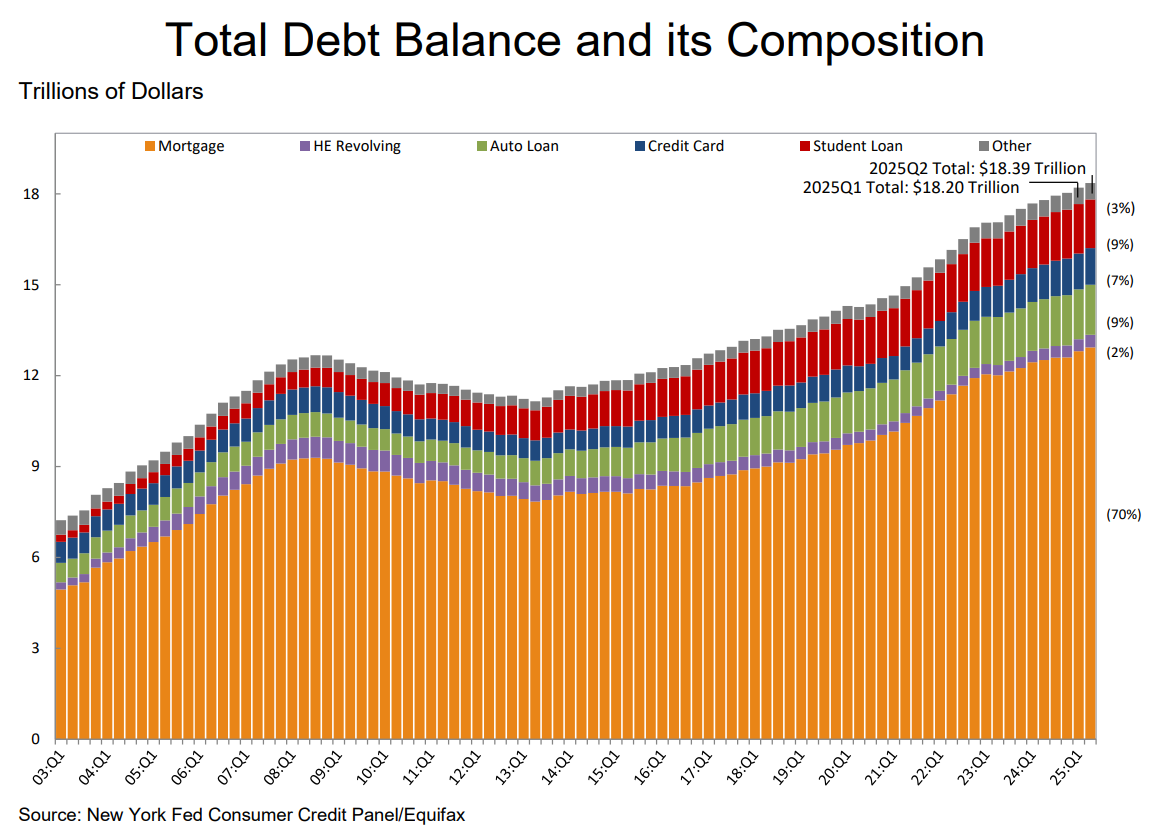
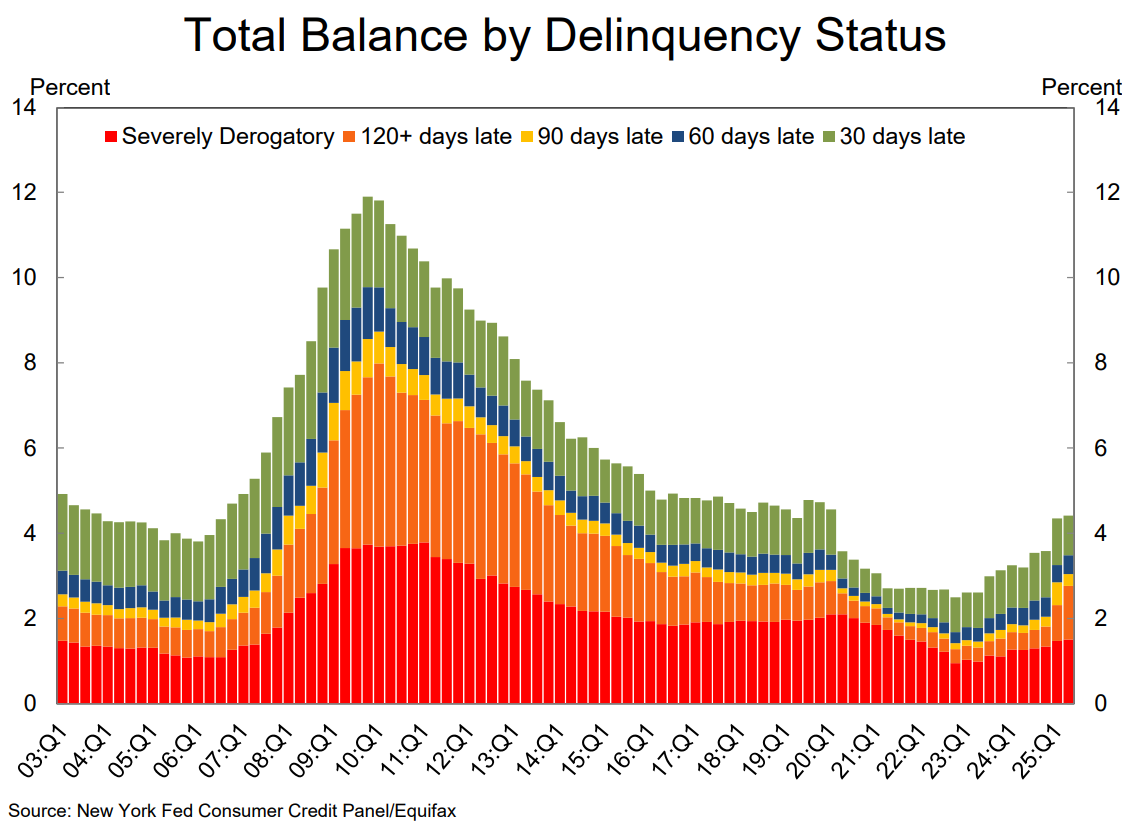
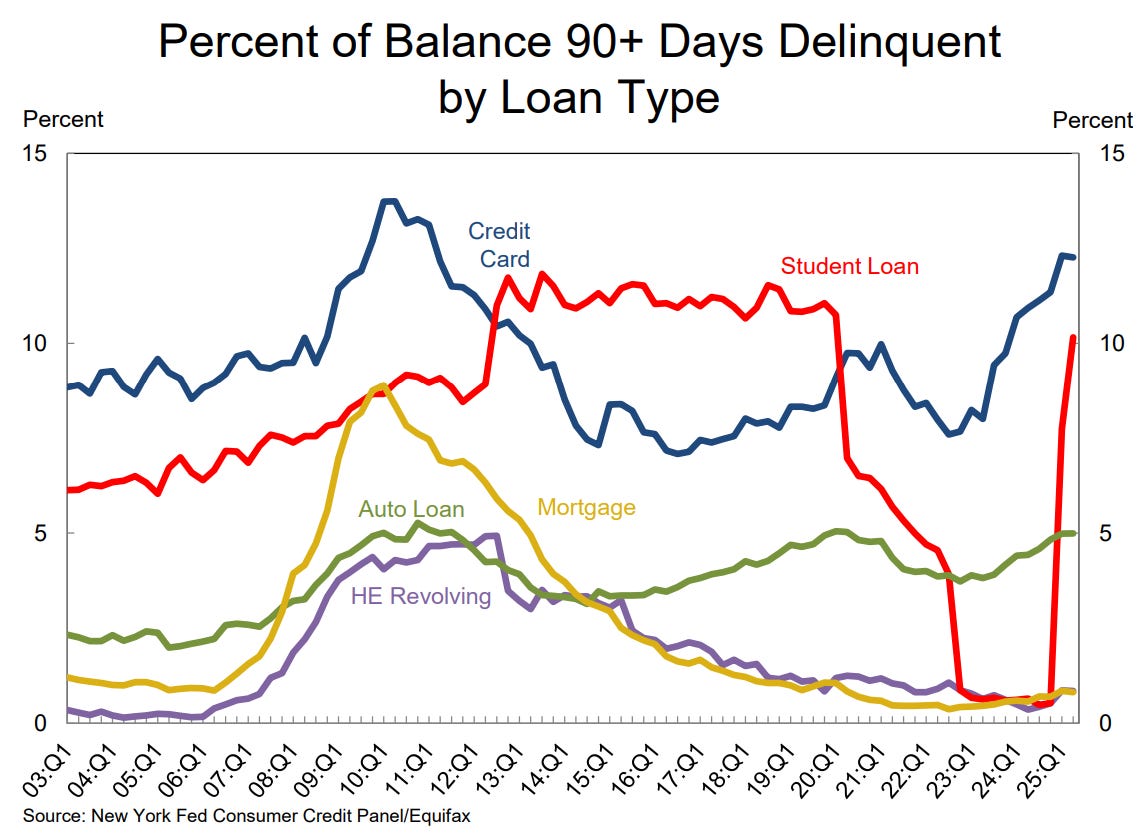
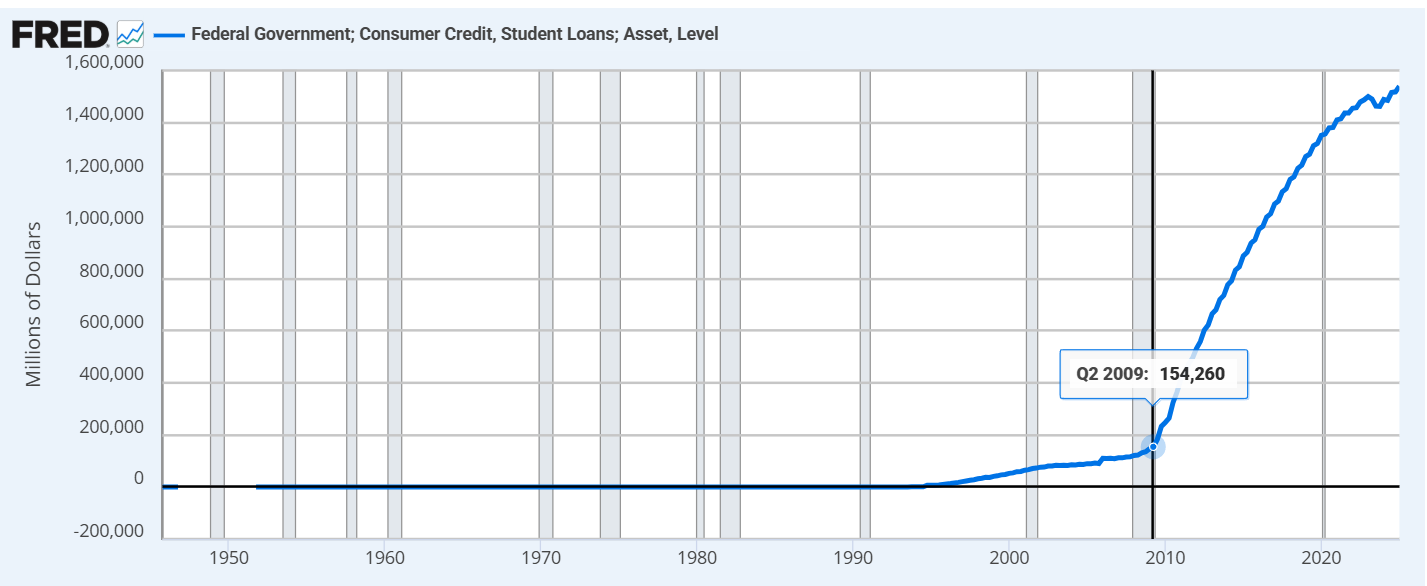
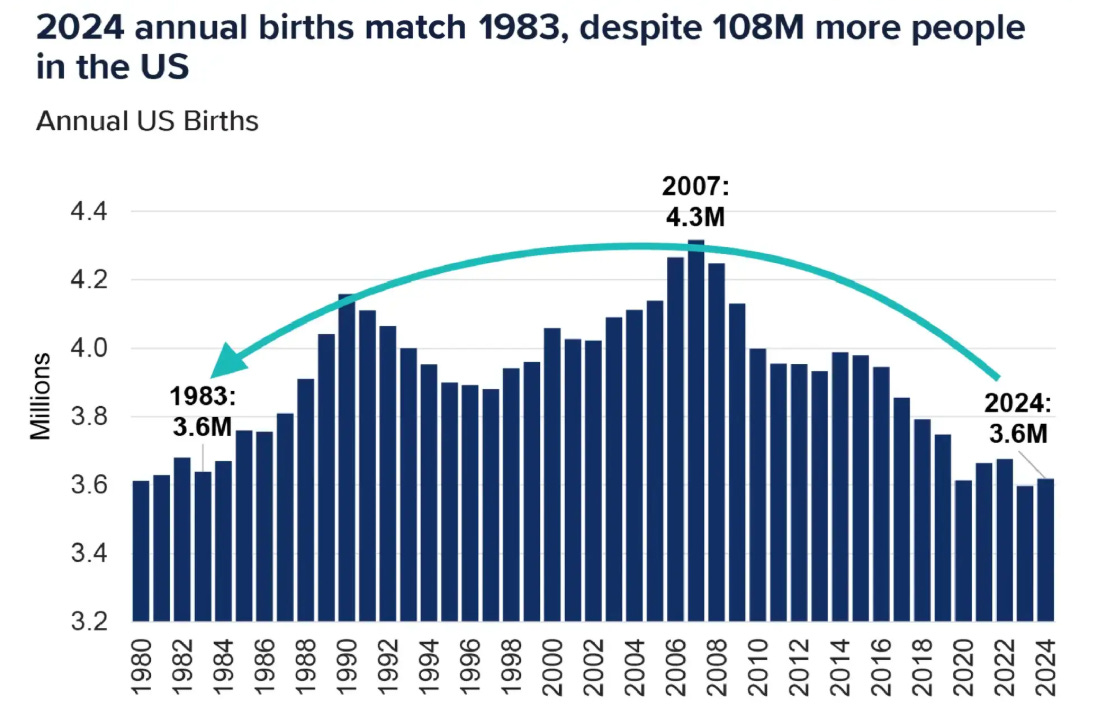
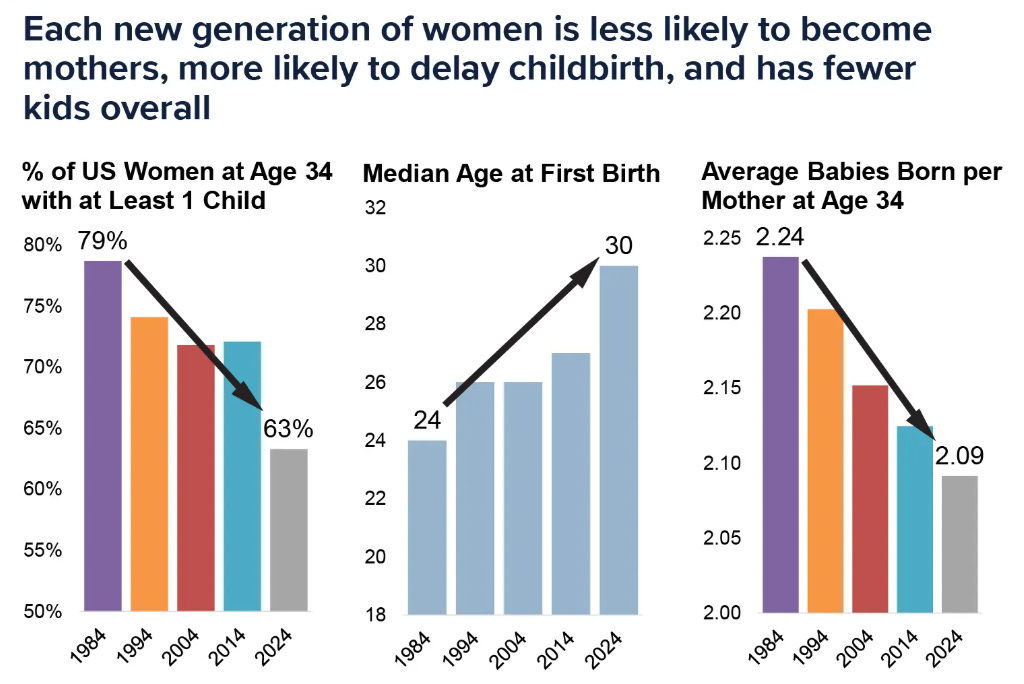

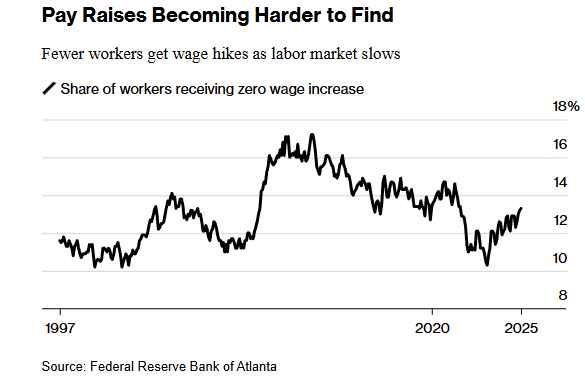

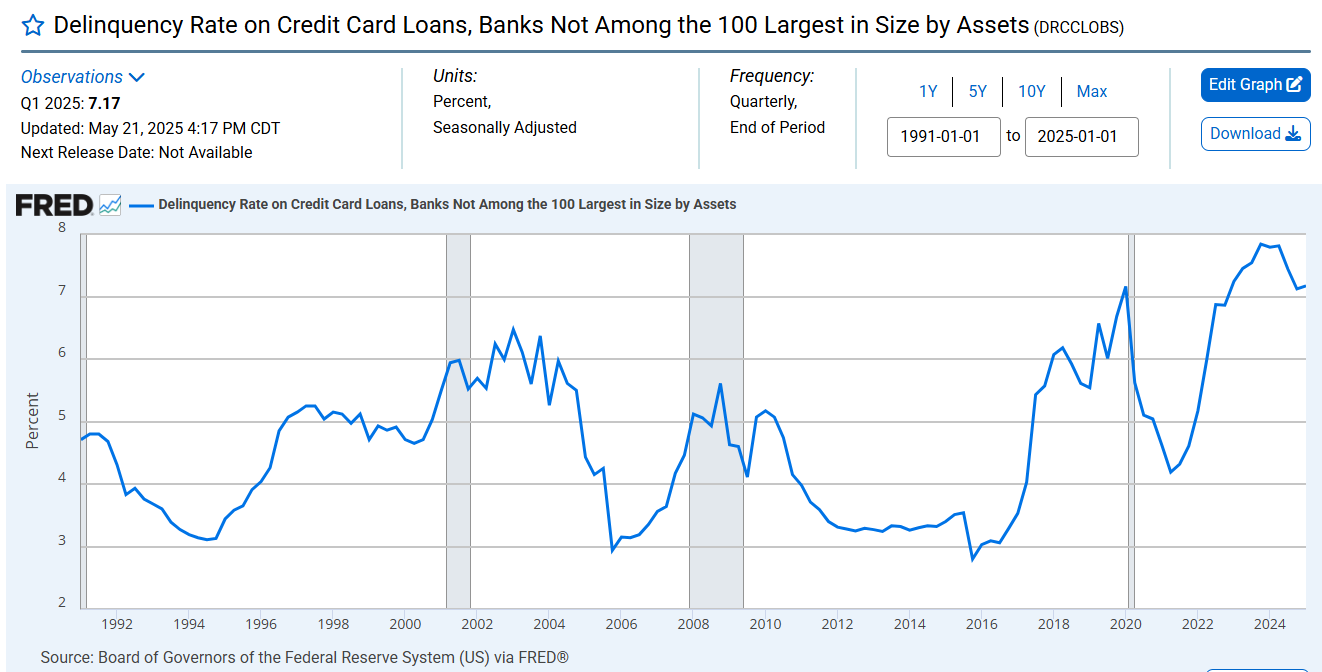


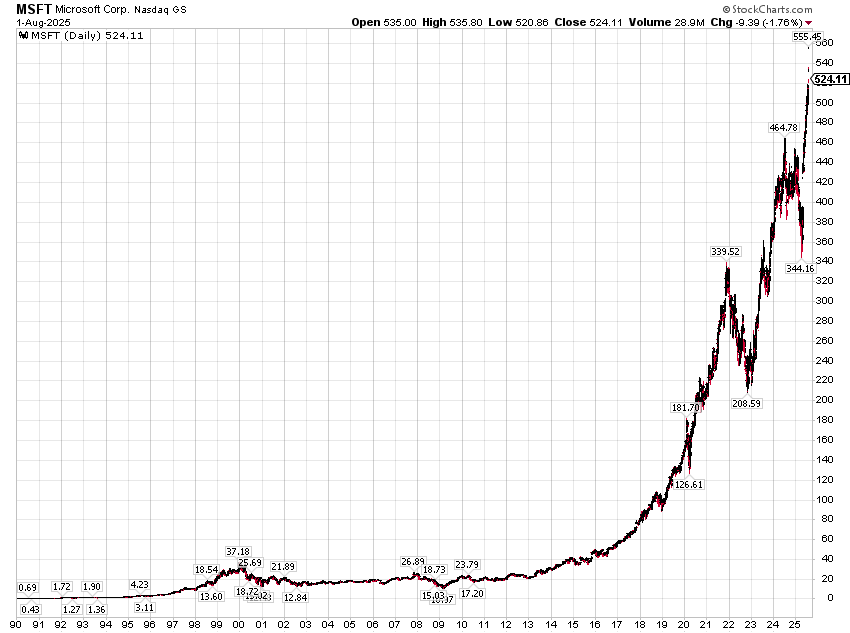

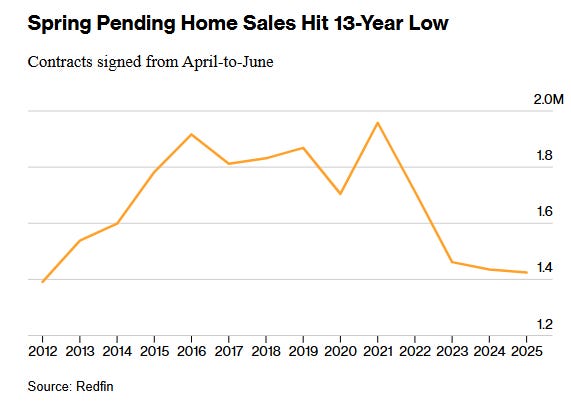

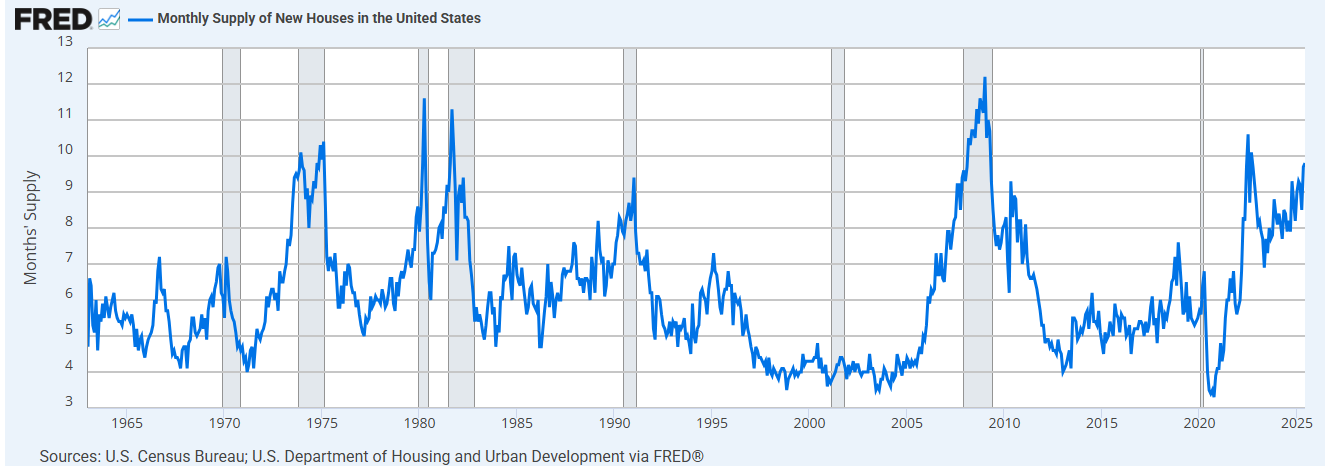
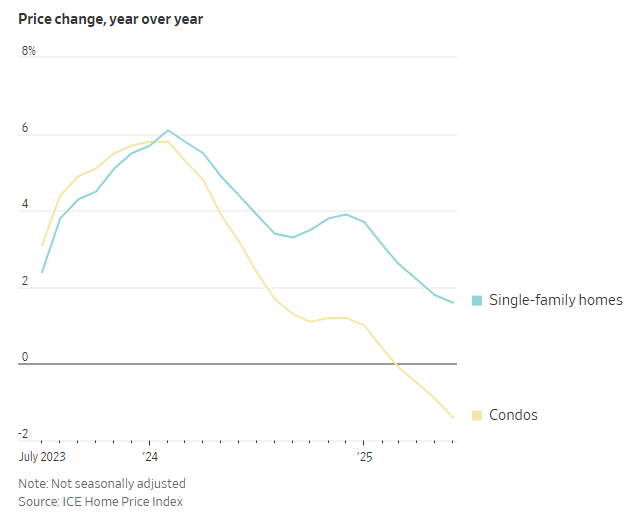

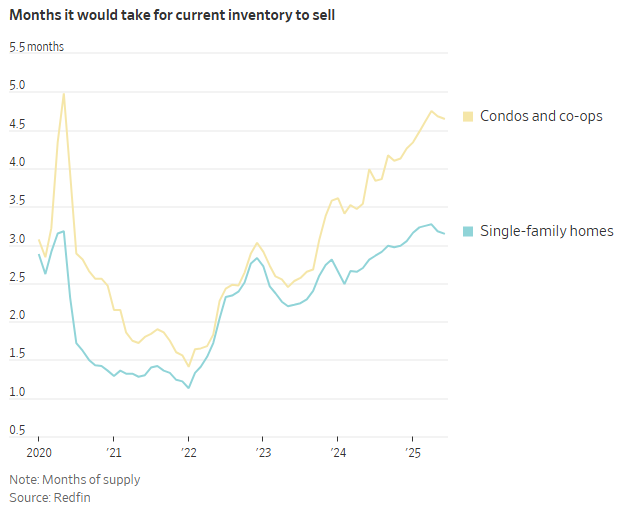
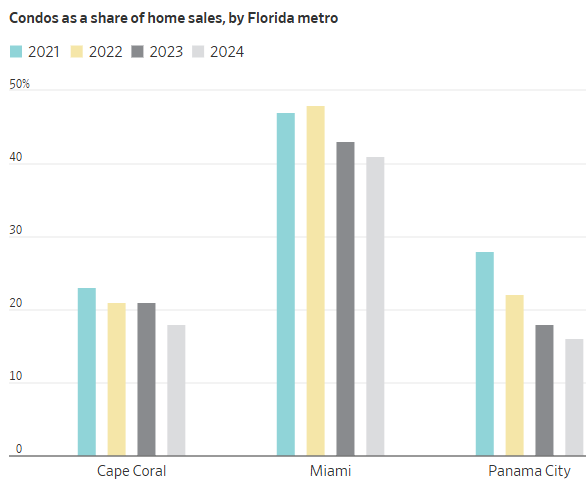




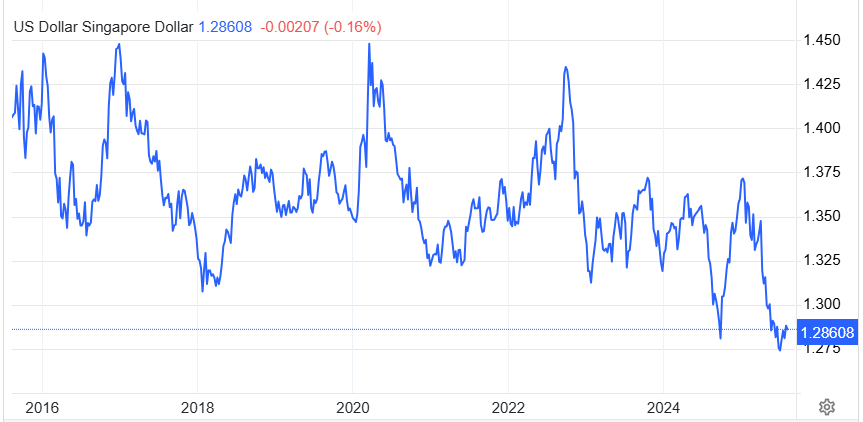
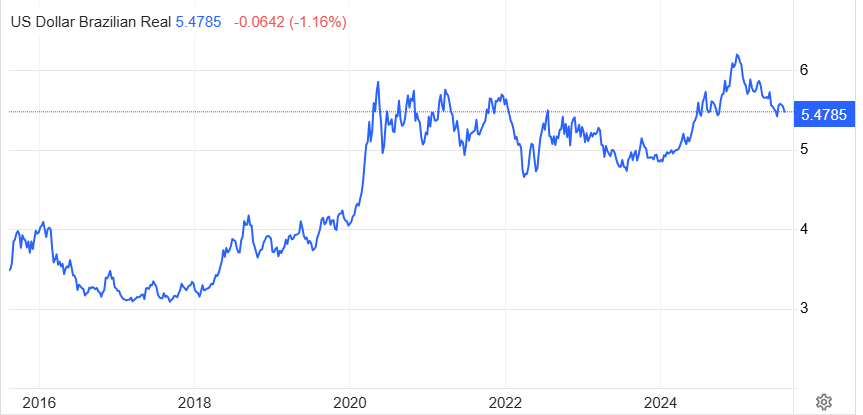
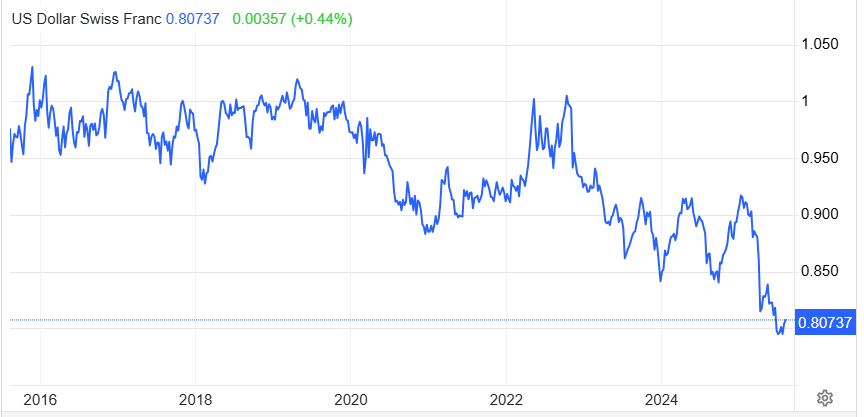
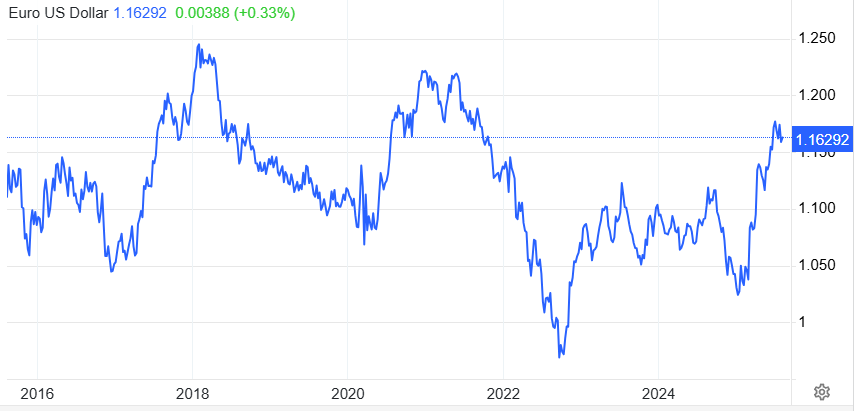
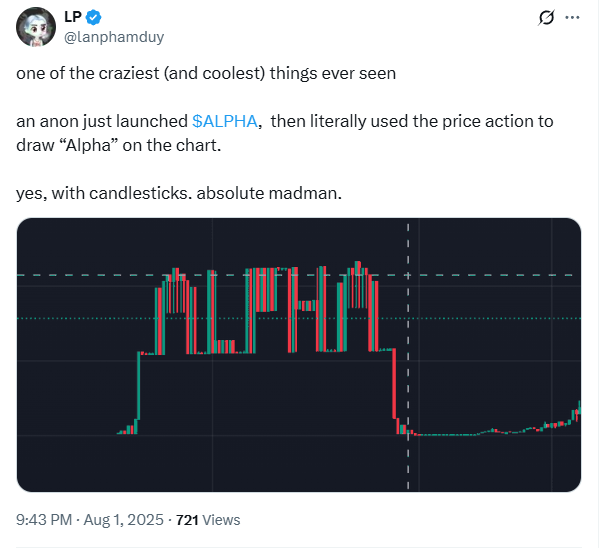
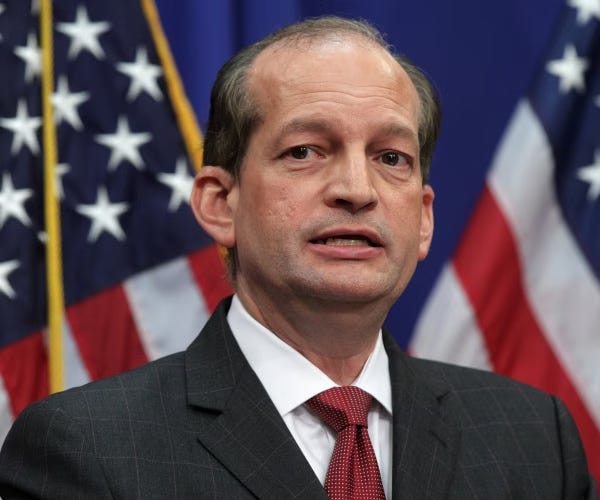
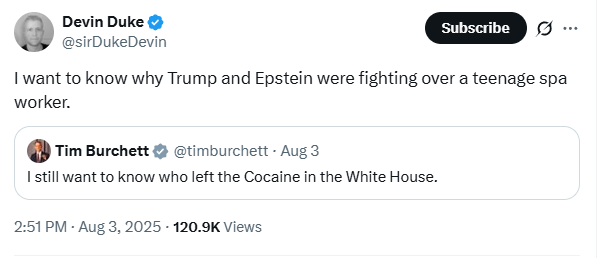

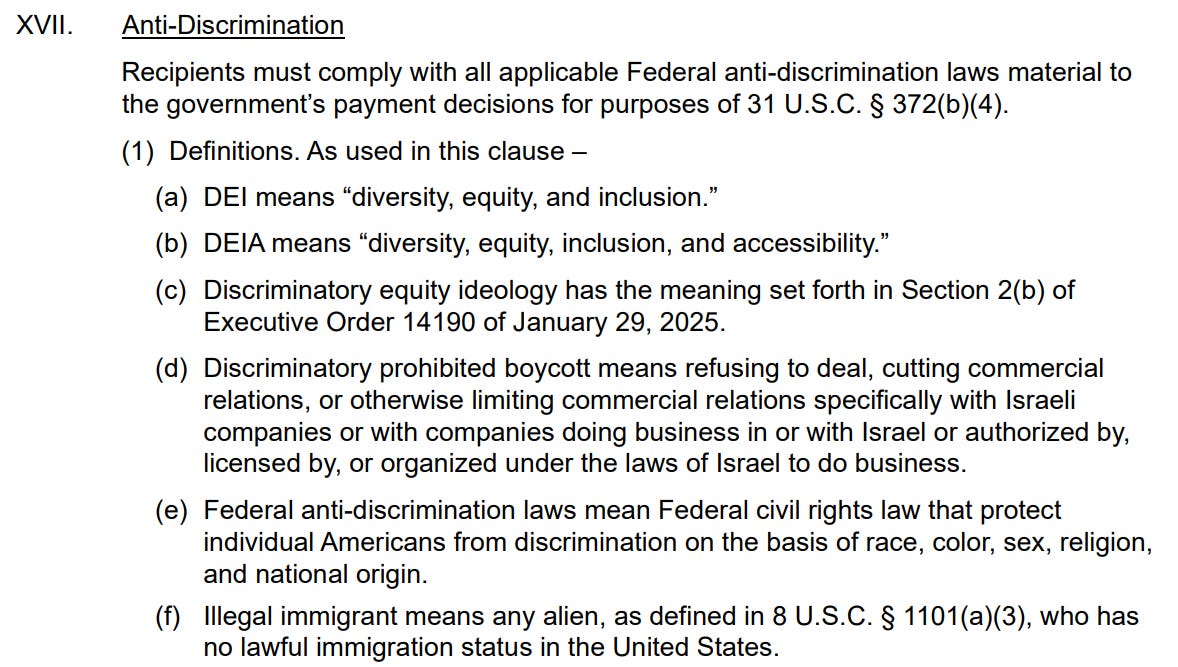
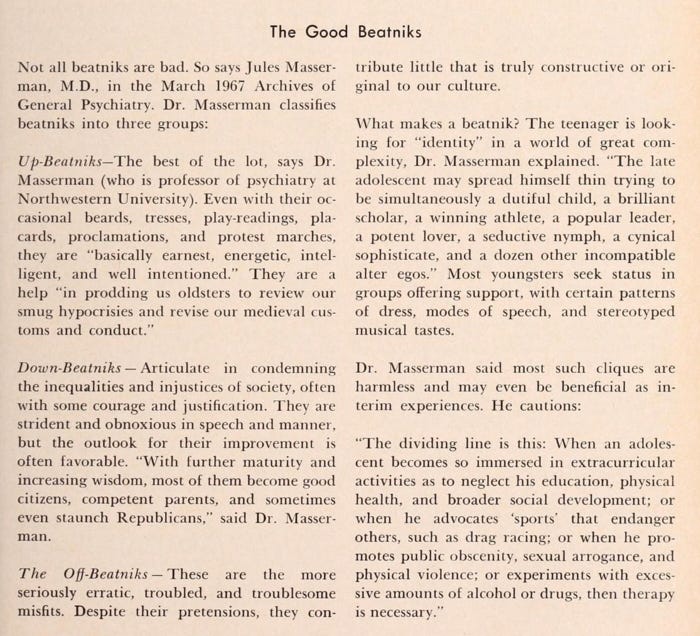


“Existing home inflation almost 14% a year over the last 13 years”
Which is, of course, the primary reason the govt does not consider ‘home inflation’ in their calculation of CPI.
Most people don’t know, are too young, or have memory holed this fact: In 1987 Reagan and Volcker (conservative hero’s right?) conspired to dramatically alter the way the Federal Govt calculated inflation. And they did this for the express purpose of reducing COLA for SS and Pensions into the future.
At that time unions still had a lot of political clout, and union pensions and wage increases were negotiated to include COLA tied to the government’s measure of CPI. And the big corporations, especially automotive, communications, other manufacturing (when we still built stuff) were getting crushed with forced double digit increases year over year. And SS recipients were seeing the same.
(Personal anecdote, in 1980 I was a 3rd year employee at ATT and mgt salaries were essentially tied to the union contract) and my COLA was 14% and my performance bonus was 7%. 21% increase YOY. Incredible)
Anyway, the conservative hero’s made sure that could never happen again. They gamed the system by changing the basket, using hedonic measurements, removing housing, altered the measurement timeframe, and much more.
Over the decades trillions and trillions have been stolen from retirees and workers and despite that massive theft, they have still managed to run up 40 trillion in debt.
You literally cannot hate these people enough. You just can’t.
When your baby is inside a pack of dingoes, it’s true, there is something wrong with your baby.
And Doc Frankenstein, veterinarian-electrician, couldn’t fix that problem even if he wanted to.
Unlike The 4th Turning, The 5th Dimension, Aquarius / Let The Sunshine In has a pulse, & you can dance to it:
When the moon is in the seventh house
And Jupiter aligns with Mars
Then peace will guide the planets
And love will steer the stars
“Dance, sodbuster!”
“Shane! Come back, Shane!”
Kicking the Scarborough Fair Canticle has zero to do with saving the world’s comman. Anything else you can think of has zero to do with that, too.
“The song lists a number of impossible tasks given to a former lover who lives in Scarborough, North Yorkshire."
Disinfo, root canals / mercury amalgams, one bad apple doesn’t spoil the whole bunch, girl … immediately. But timelines are lined up & shot, shoveled, forgot.
Cosmo(Kramer)graphers. Kramerica Industries. The map is not the territory & the Moops are not the cartographers.
https://www.youtube.com/watch?v=f0uYJjDHeDU